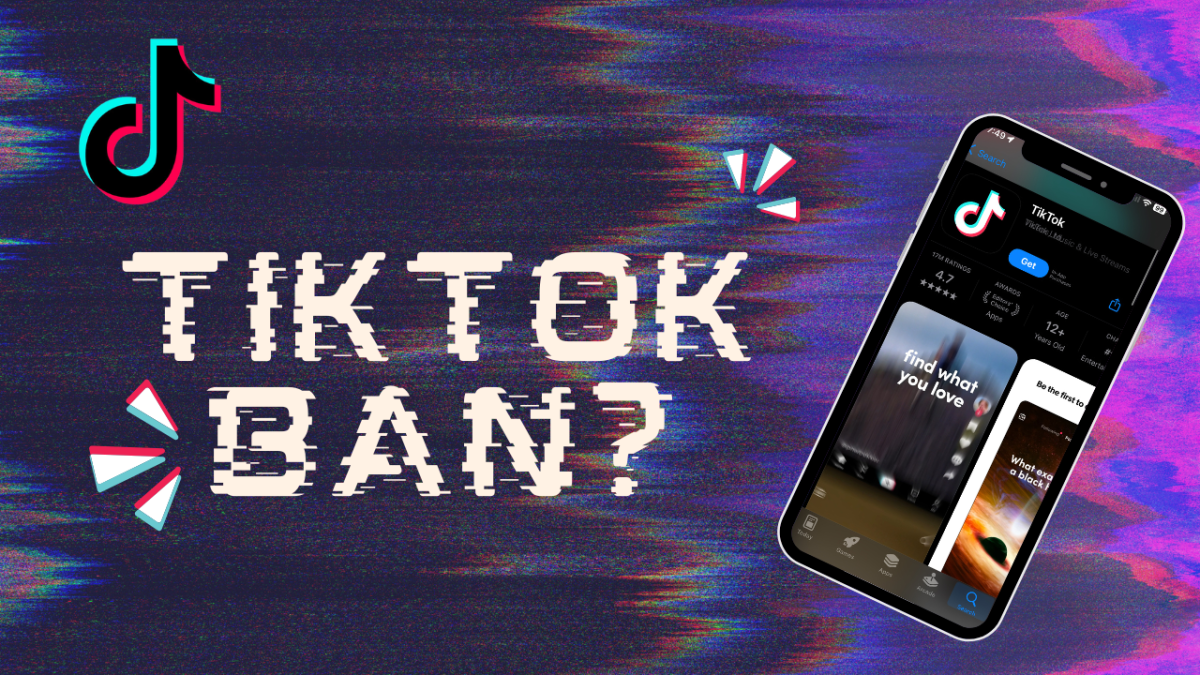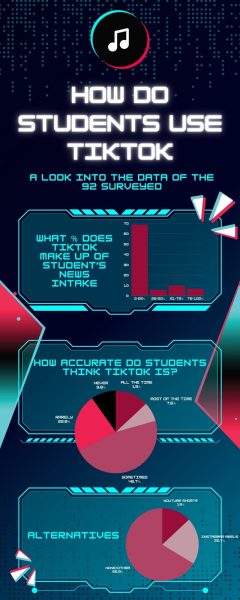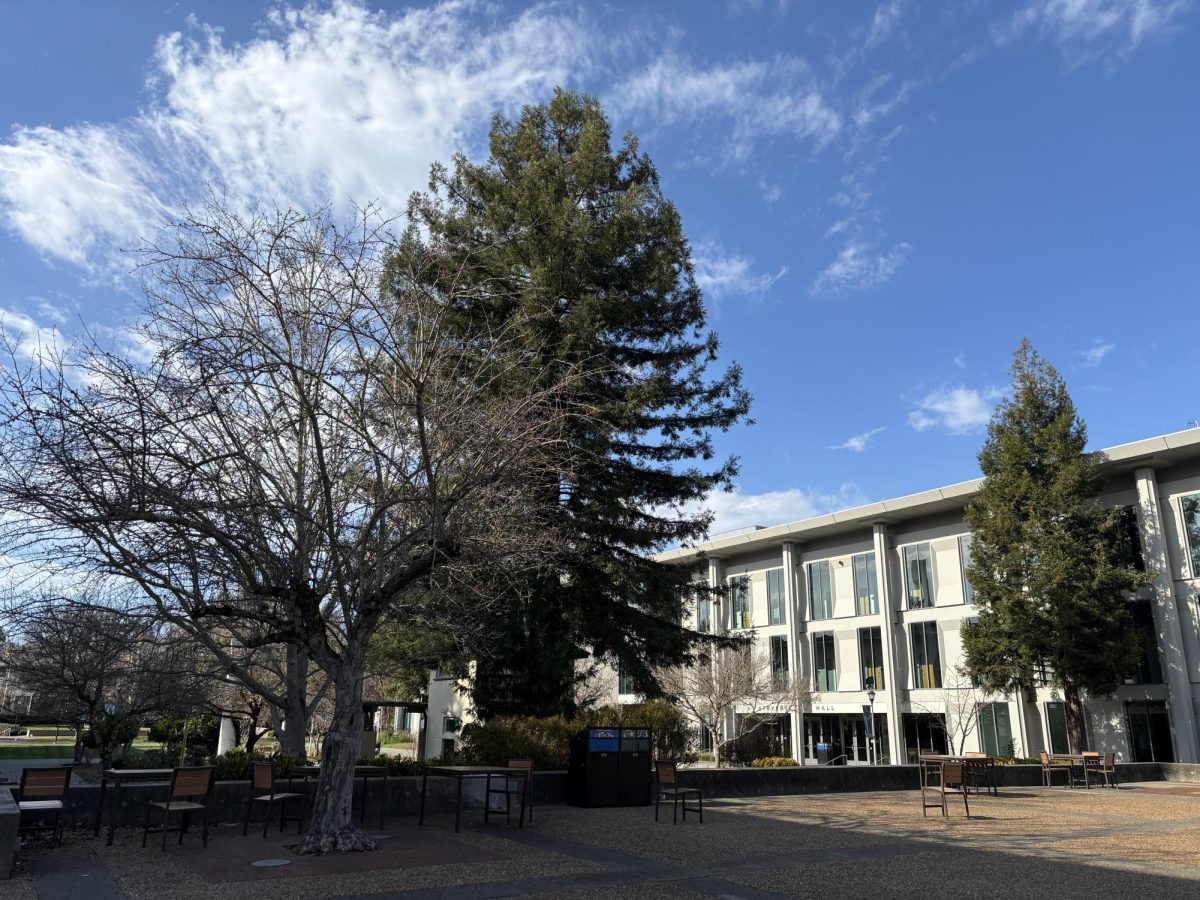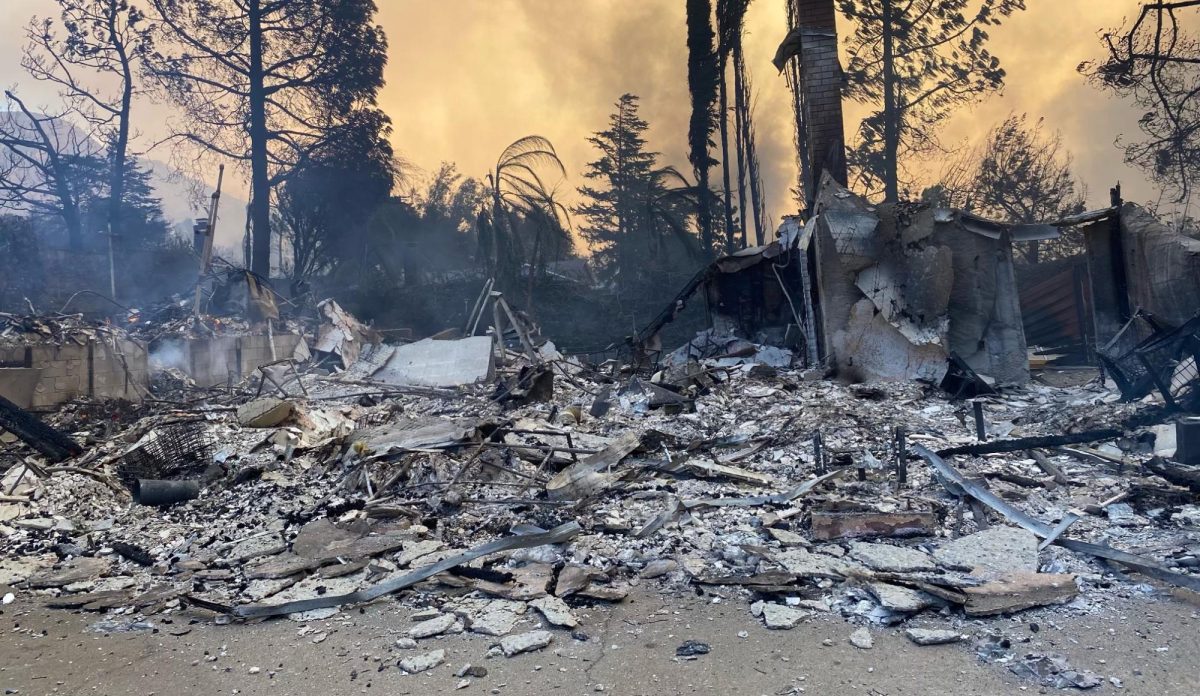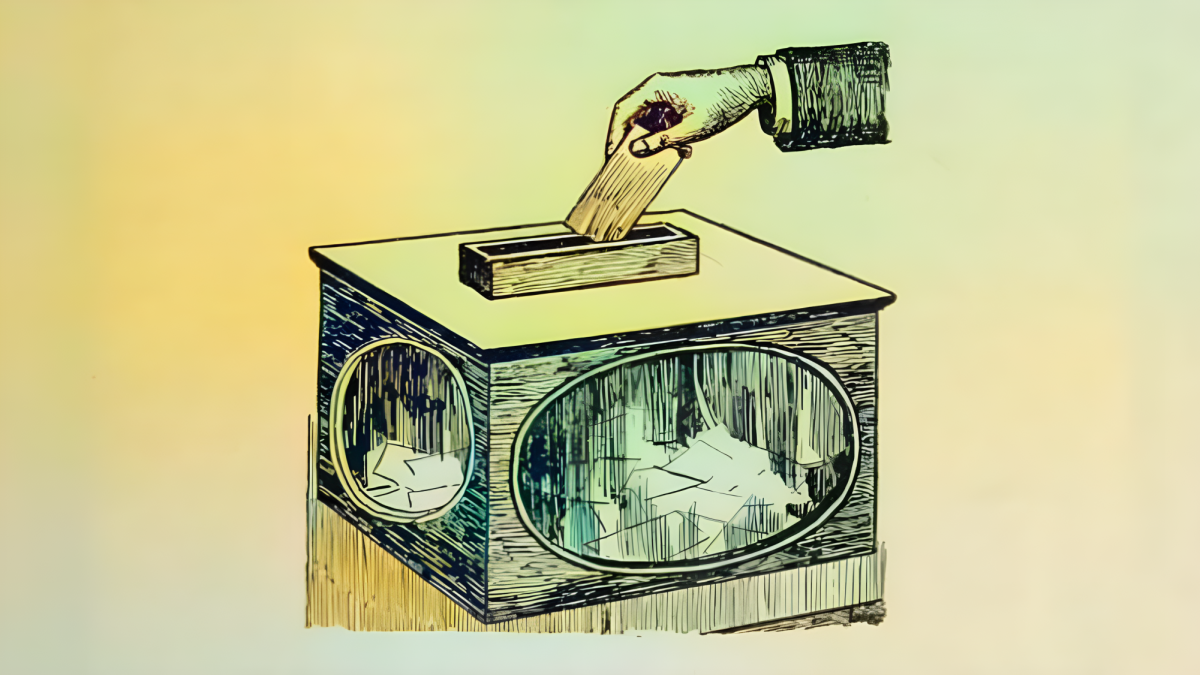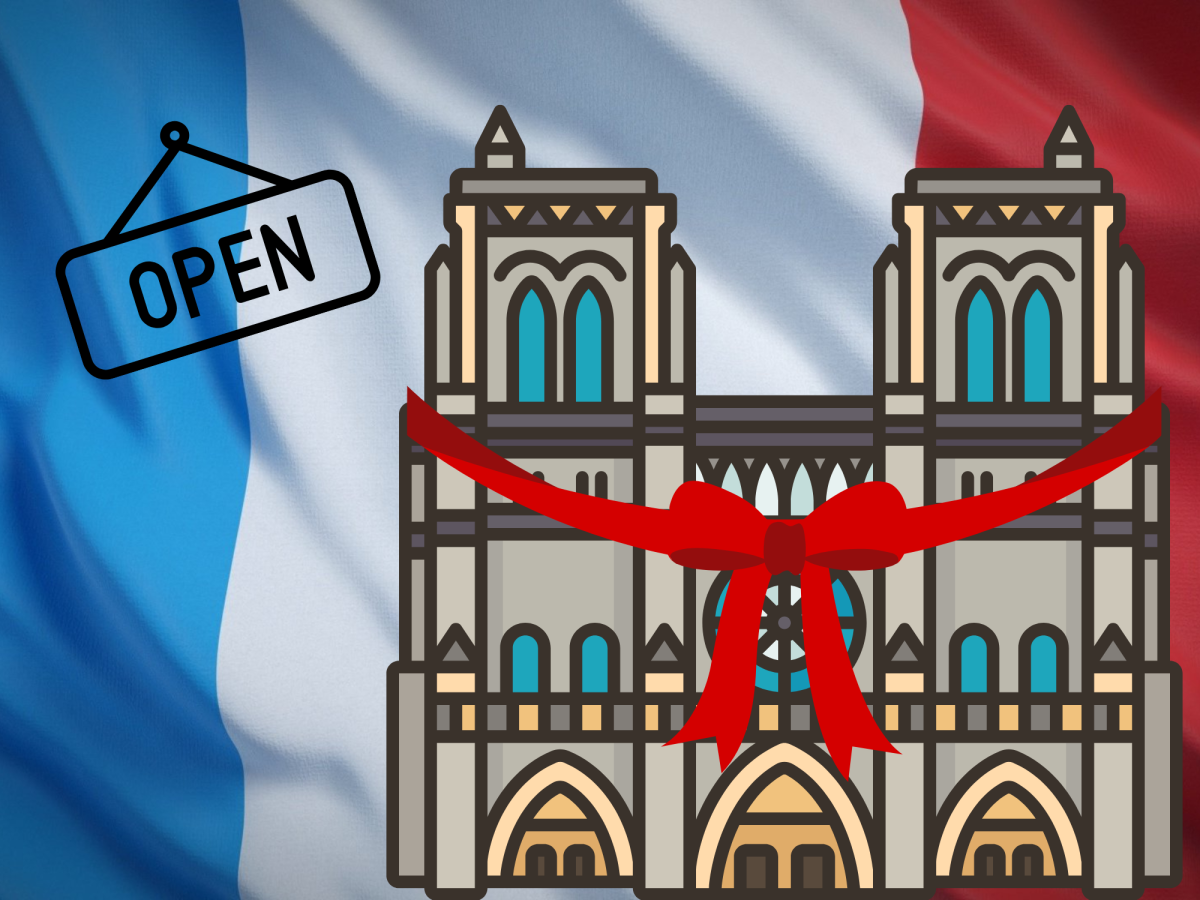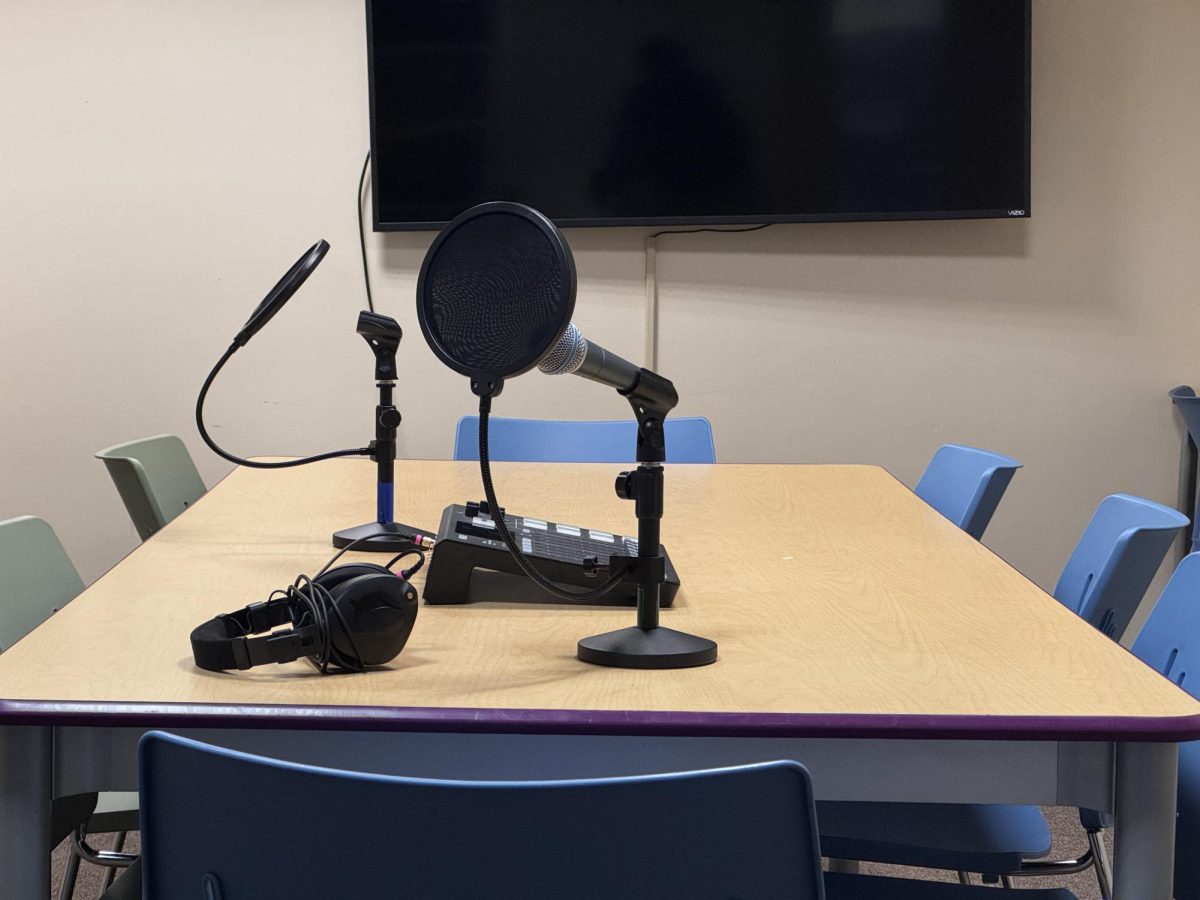On March 13, the House of Representatives approved a bipartisan proposal mandating ByteDance (the developer of TikTok) to either divest TikTok or face a ban from US App Stores and the internet within six months if the measure is enacted.
The reasoning behind the ban is that there are concerns regarding national security, the widespread popularity, and its potential connections to the Chinese government. TikTok is already banned for devices belonging to the Department of Defense and government officials.
“It’s less about First Amendment protections and more about government regulation of industries. I think it would set a precedent. I mean, we have a long history of limitation of things in this country due to the vague veil of national security,” said AP US Government Teacher Samuel Weaver.
The FTC has also recently filed an investigation into TikTok’s data practices, looking into seeing if China has access to US user data and to see if the app complies with COPPA regulations.
“I just think it should be much more clear on what Tik Tok does with its data, especially since we’ve seen conflicting actions from what they testified in court and what these reports are saying. Is the information that TikTok is sending to China. Is that information dangerous enough to the point where they should invade this private company’s rights?” said Daniel Jeon (‘27).
India has already banned the app in 2020 along with other companies associated with China, citing cybersecurity concerns. Montana had also previously attempted to ban the platform but it was unsuccessful, as it was deemed unconstitutional.
“I also feel like the government is somewhat overblowing this whole thing and once you’ve ban TikTok it becomes a slippery slope of the government censoring social media companies and I’m afraid of what I can do for a country that really relies on social media to get the news or perspective from both sides,” said Shaurya Shrivastava (‘25).
The version of TikTok in China, Douyin, is more curated educational content with a limit of 40 minutes a day for users under 14. China has been taking measures to ensure the productivity of its children by limiting all minors to only two hours of mobile screen time and setting government playtime limits on video games.
“I’ve heard is that the Chinese version of TikTok is more educational and the Americanized version of TikTok is more of them trying to brainwash young children’s brains and that’s obviously a big problem for our generation because we obviously want our generation to be very intellectual to keep up with China,” said Shrivastava.
One of the more popular choices for businesses to advertise and showcase their products in short videos, TikTok ad revenues in the US are expected to hit $6.83 billion dollars and it represents about 2.5% of the digital advertising market.
“I think the short-term impacts are gonna be negative because a lot of businesses start their companies or like spawns like they advertise their companies through TikTok and they’re able to grow their businesses on tik-tok and like get consumers to come and I think that’s really important for the economy,” said Shrivastava.
In recent times, the US’s government is trying to take a bigger role in regulating social media companies and examining their business practices with the Supreme Court hearing vital cases regarding this.
“You know I think you always have to be very careful and very vigilant with whatever application that you’re using and so you know I do not know anything about the situation but I think that it’s just important to be informed on what’s going on,” said Tejas Chugh (‘25).

